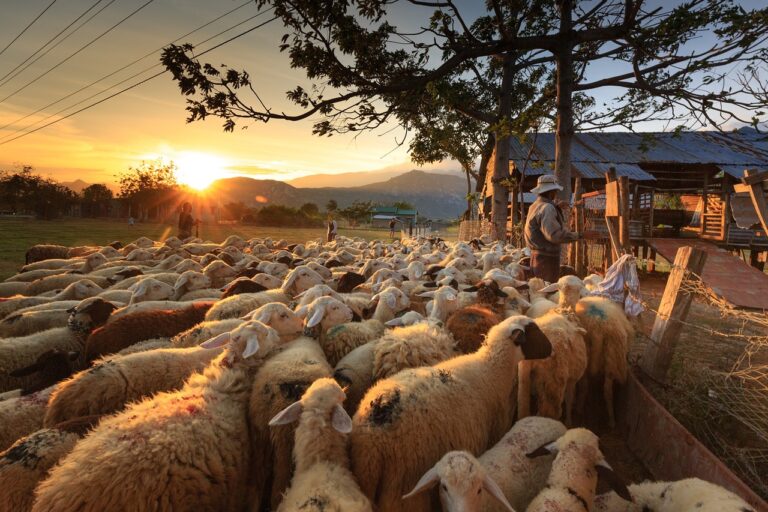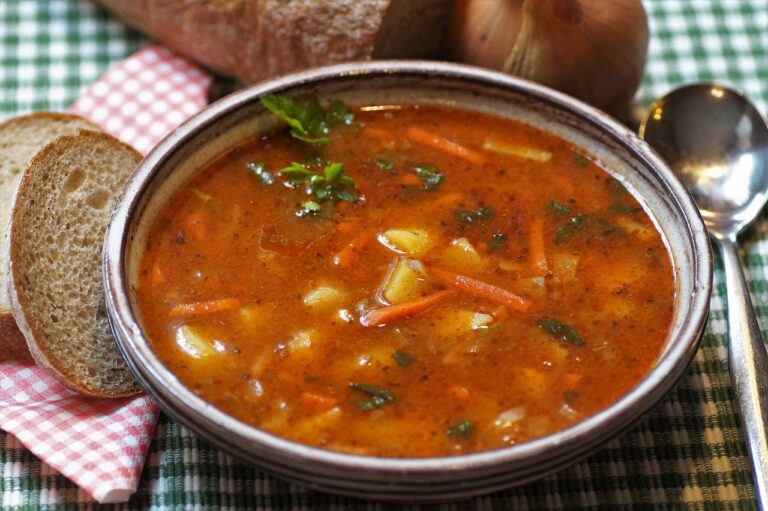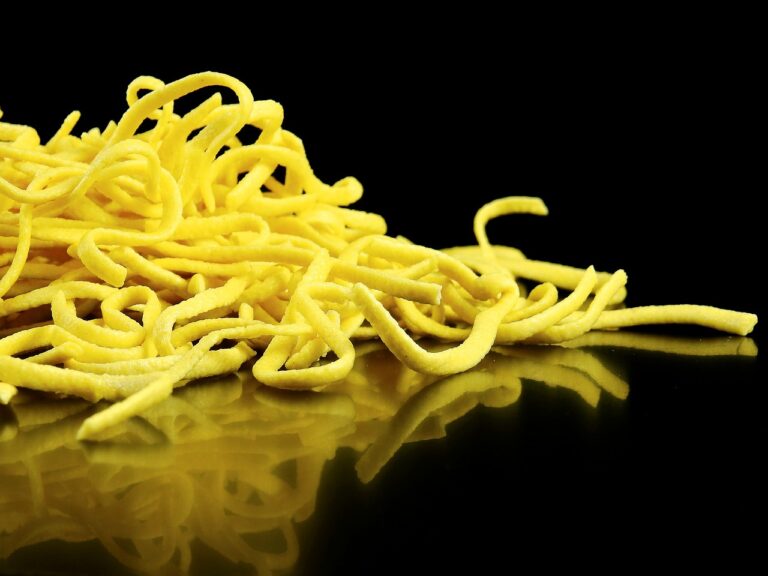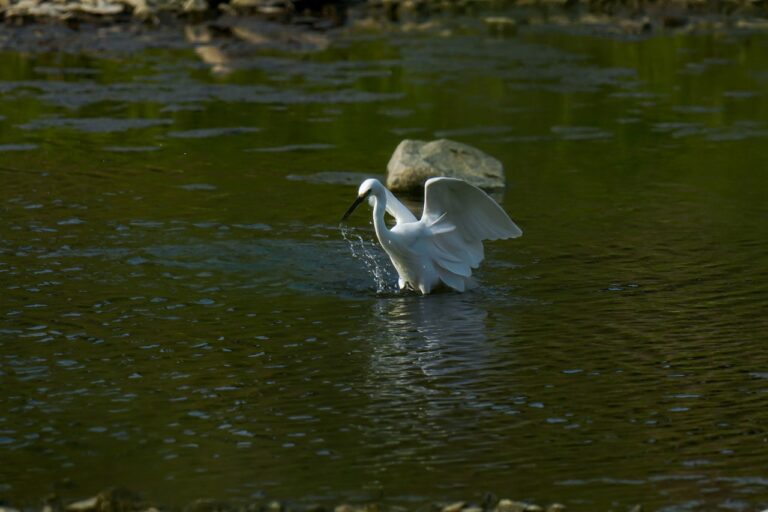The Role of Bees in Traditional Ecological Systems: Laser book 247 login password, Lotus299, 11xplay pro
laser book 247 login password, lotus299, 11xplay pro: Bees play a crucial role in traditional ecological systems all around the world. These tiny insects are essential for maintaining biodiversity, pollinating plants, and supporting local ecosystems. In this article, we will explore the significance of bees in traditional ecological systems and how their role impacts the environment and communities.
Importance of Bees in Traditional Ecological Systems
Bees are one of the most important pollinators in traditional ecological systems. They play a vital role in pollinating flowers, fruits, and vegetables, which are essential for the reproduction of plants. Bees are responsible for pollinating over 75% of the world’s flowering plants, including many crops that humans rely on for food.
In traditional ecological systems, bees are often kept by local communities for their honey and beeswax. Honey is not only a delicious natural sweetener but also has medicinal properties and is used in traditional medicine practices. Beeswax, on the other hand, is used for making candles, soaps, and skincare products.
The Role of Bees in Maintaining Biodiversity
Bees play a key role in maintaining biodiversity in traditional ecological systems. By pollinating a wide variety of plants, bees help to ensure the survival of different plant species. This, in turn, supports a diverse range of animals that depend on these plants for food, shelter, and habitat.
In many traditional agricultural systems, bees are an important part of the ecosystem. They help to increase crop yields by pollinating crops such as fruits, vegetables, and nuts. Without bees, many crops would not be able to reproduce, leading to a decrease in food production and a loss of biodiversity.
Challenges Facing Bees in Traditional Ecological Systems
Despite their importance, bees are facing numerous challenges in traditional ecological systems. One of the biggest threats to bees is habitat loss due to deforestation, urbanization, and industrial agriculture. When bees lose their natural habitats, they struggle to find food and shelter, leading to a decline in their populations.
Pesticides are another major threat to bees in traditional ecological systems. Chemical pesticides used in agriculture can harm bees and disrupt their natural behaviors, such as foraging and pollination. Climate change is also impacting bees, affecting the timing of flowering plants and disrupting the delicate balance of ecosystems.
Conservation Efforts to Protect Bees in Traditional Ecological Systems
To protect bees in traditional ecological systems, conservation efforts are crucial. One way to support bees is by creating bee-friendly habitats, such as planting diverse flowers, providing nesting sites, and reducing the use of pesticides. Conservation organizations are also working to raise awareness about the importance of bees and the threats they face.
Local communities play a vital role in protecting bees in traditional ecological systems. By promoting sustainable beekeeping practices, preserving natural habitats, and supporting biodiversity, communities can help to ensure the survival of bees and other pollinators. Governments and policymakers are also implementing regulations to protect bees and their habitats.
FAQs
1. Why are bees important in traditional ecological systems?
Bees play a crucial role in pollinating plants, maintaining biodiversity, and supporting local ecosystems in traditional ecological systems.
2. What are the threats facing bees in traditional ecological systems?
Habitat loss, pesticides, and climate change are some of the major threats facing bees in traditional ecological systems.
3. How can we protect bees in traditional ecological systems?
Creating bee-friendly habitats, promoting sustainable beekeeping practices, and raising awareness about the importance of bees are important steps to protect bees in traditional ecological systems.







